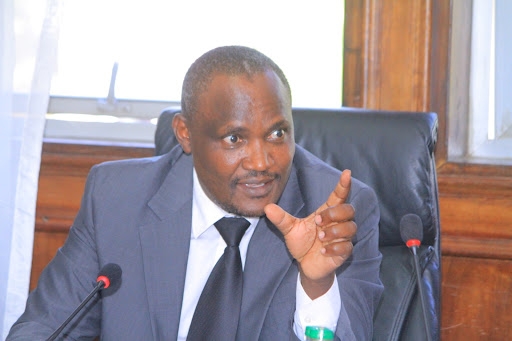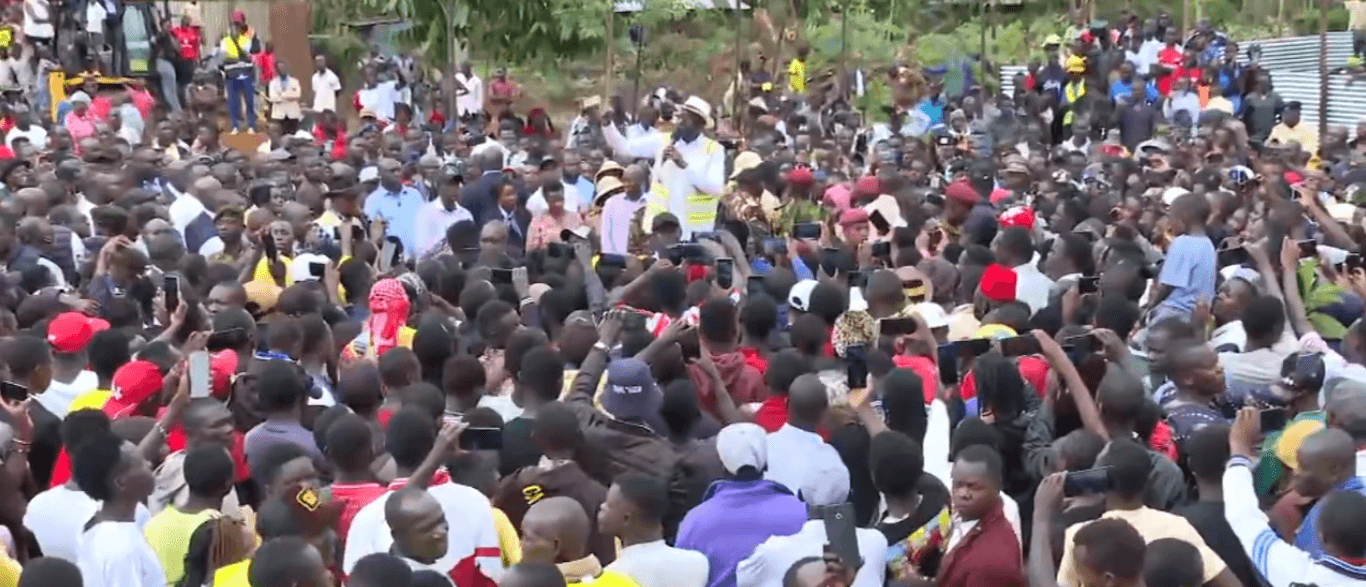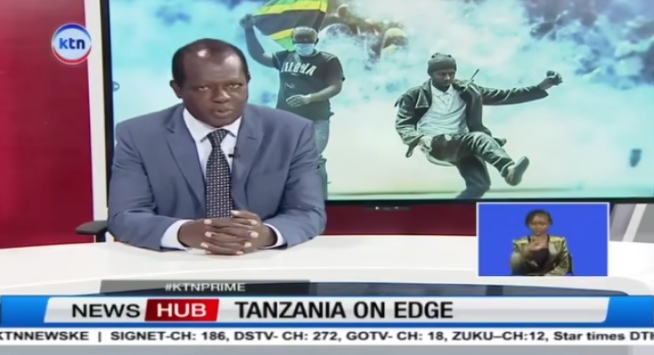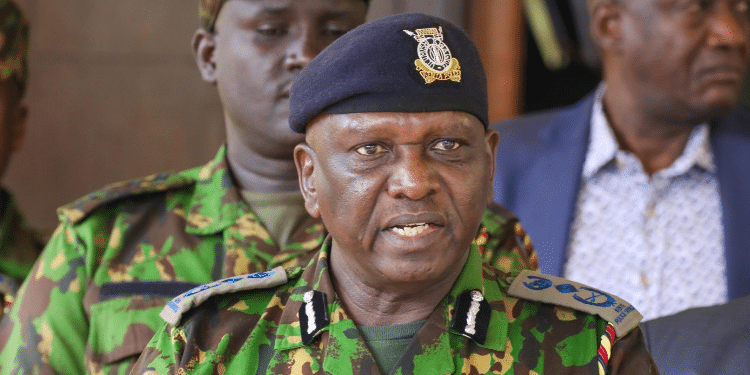Senators have poked holes in the bills seeking to anchor the universal health coverage even as Parliament moves to fast-track their passage for the roll out of the programme.
The lawmakers demanded changes to the Primary Health Care Bill, 2023 that they said would clawback gains of devolution.
The Bill roots for the provision of healthcare at the family and community level with the help of community health promoters.
“This Bill seeks to establish a framework for the delivery of and access to and management of primary healthcare,” it states.
The senators raised issues with the provision creating a national Primary Health Care Advisory Council to among others advise the ministry and the county governments on delivery of primary health care services.
“This Bill is redundant. What it is seeking to achieve is already being done by the county governments,” Nairobi Senator Edwin Sifuna said.
Besides ballooning the already bloated wage bill, the lawmakers say the provision amounts to micromanagement and hijacking of county functions.
“It’s important that we avoid an overlap by forming another national body as stated in clause 14 of the Bill,” Nyeri Senator Wahome Wamatinga said.
Vihiga Senator Godfrey Osotsi held that the Bill has a lot of grey areas that are offensive to schedule four of the Constitution and he will seek an amendment for the sake of "our people".
“Our concern is that this Bill has cleverly replaced community health volunteers. How will the recruitment or selection of the community health promoters be done,” Osotsi said.
“We need to put an amendment to ensure the volunteers are taken care of and politicians don't encroach the recruitment process,” he said.
Kisii Senator Richard Onyonka said, “The Bill is taking the responsibilities and powers of the county government and taking them back to the national government.”
Kitui Senator Enock Wambua and his Migori counterpart Eddy Oketch also expressed reservations about the Bill.
The Bill is among four proposed laws the state has fronted to realise the elusive UHC.
Others are Facilities Improvement Financing Bill, 2023, The Social Health Insurance Bill, 2023 and The Digital Health Bill, 2023.
The Social Health Insurance Bill, 2023 and The Digital Health Bill, 2023 are currently being considered by the National Assembly before they are sent to the Senate.
However, the senators unanimously supported the Facilities Improvement Financing Bill, 2023.
The Bill allows the management of public health facilities to retain all the money they raise or receive for improvement of services and facilities.
“The conversation on UHC is one that as a country we have had for too long. As early as 2009, is when this conversation began. We have had trials and mistrials,” Majority leader Aaron Cheruiyot said.
While debating the bills on the floor of the House at the Turkana county assembly, Cheruiyot stated the FIF Bill seeks to improve conditions of health facilities.
“Despite all the revenue they [hospitals] generate, do you know that all that revenue goes into one pool just like all the money that is collected in markets, permits and all these other streams?” Cheruiyot posed.
The Kericho senator submitted that the Bill shall ensure that the facilities procure essential supplies and improve their infrastructure by the resources they generate.
Currently, he said, most facilities are starved of funds as they are required to sweep all the revenues they generate to the county revenue fund accounts, then requisition through the county treasury when they need the cash.
“Despite the fact that say your subcounty health facilities have collected Sh300 million or Sh400 million in a financial year, what troops back to those facilities is hardly 10, 20 or 30 per cent,” he said.
“This explains why most of our health centres are in the condition that they are. They cannot service suppliers; citizens are sharing beds. Doctors cannot be paid.”
Isiolo Senator Fatuma Dullo lamented that despite the state splashing million on UHC, the programme has largely failed.
The previous administration spent millions of shillings in the piloting of UHC in four counties-Kisumu, Nyeri, Machakos, Isiolo.
“We had requested as Senate for audit to be done on what happened to the first UHC so that we can correct the situation. This has not been done,” she said.












